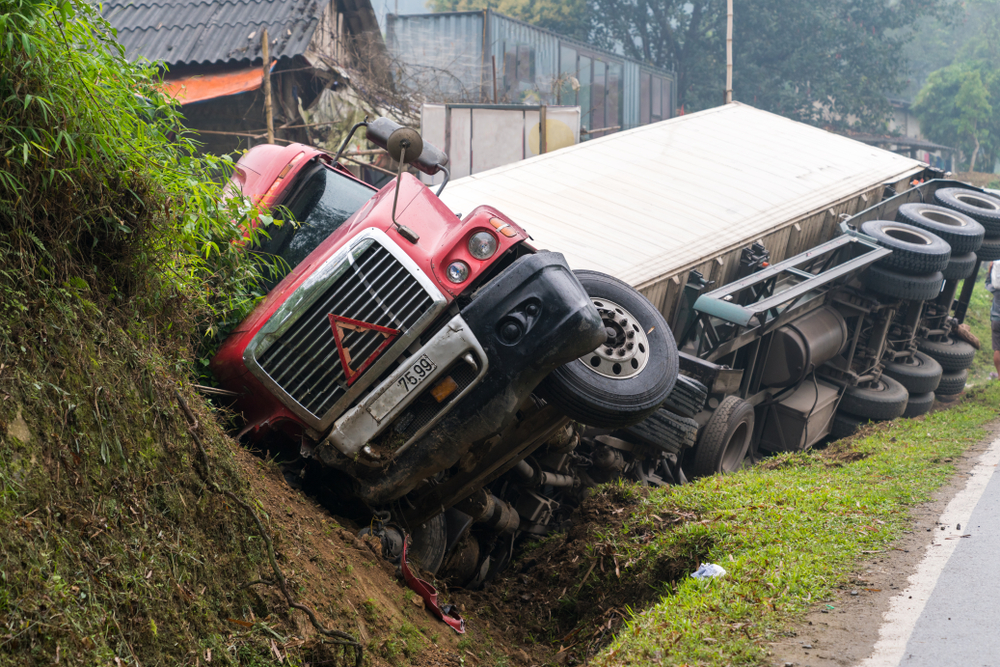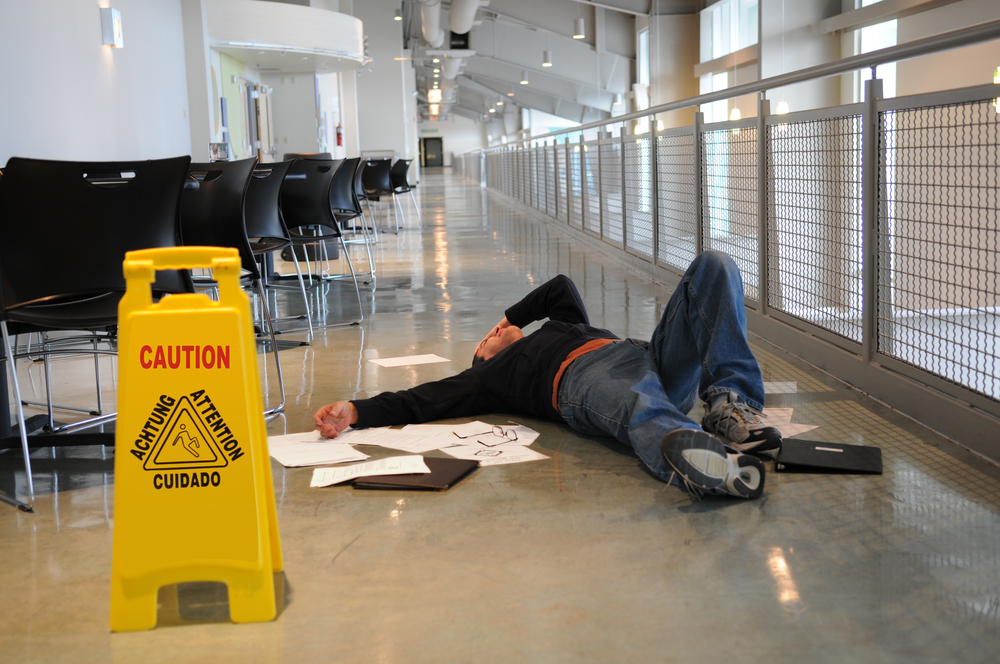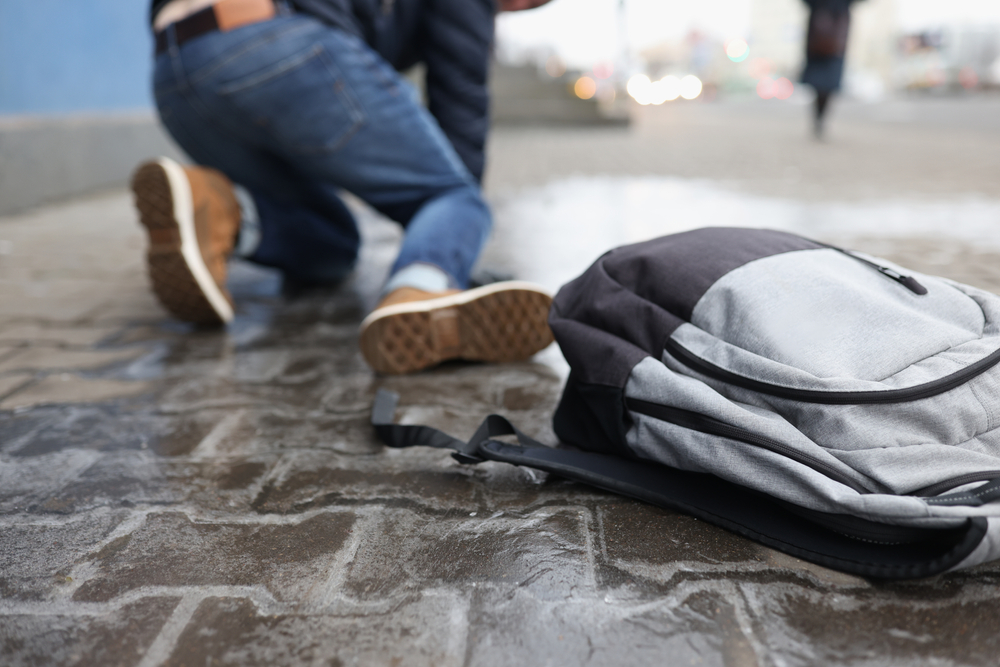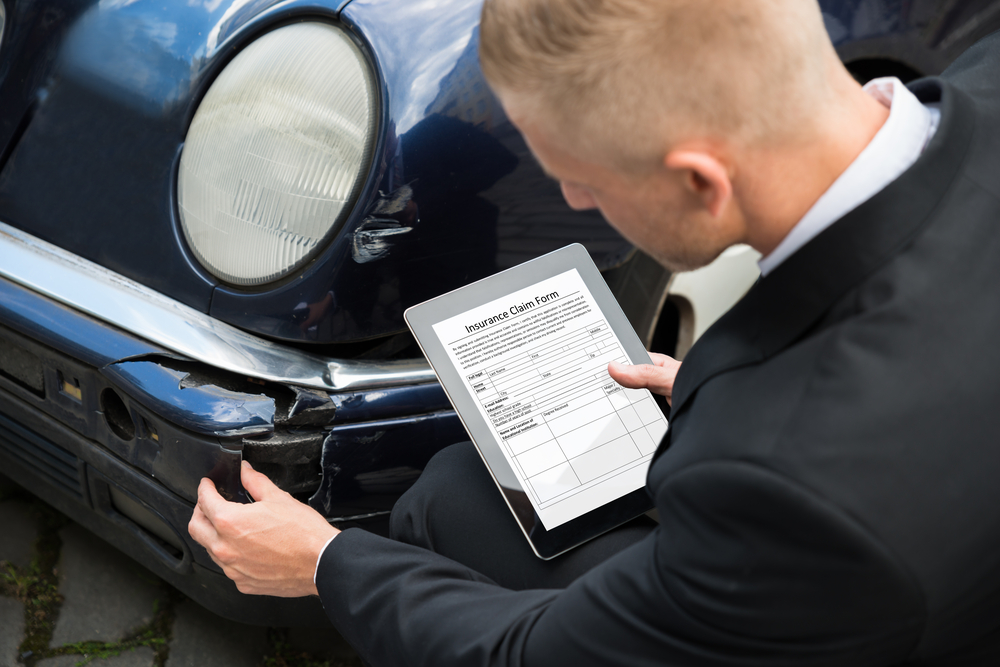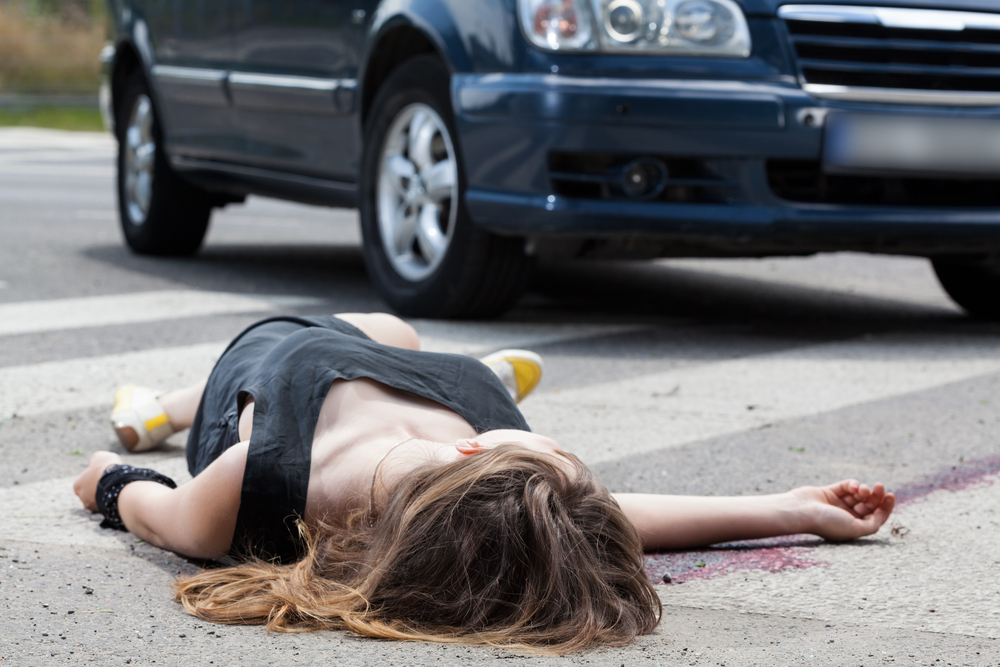Tomorrow is World Elder Abuse Awareness Day. According to the National Council on Aging, approximately 1 in 10 elder Americans (age 60 and over) have experienced some form of elder abuse. The organization says, “some estimates range as high as 5 million elders who are abused each year. One study estimated that only 1 in 14 cases of abuse are reported to authorities.” [retrieved: https://www.ncoa.org/public-policy-action/elder-justice/elder-abuse-facts retrieved 6/14/18]

National Elder Abuse Statistics
Among elder Americans, those most vulnerable to abuse are those with mental impairment (dementia) or physical disabilities and those socially isolated. Abusers of elder adults may be men or women. In about 60% of cases, the abuser is a family member. Two-thirds of those abusers are adult children or spouses. [www.ncoa.org]
Elder abuse may take a number of forms, including:
- Physical abuse (inflicting physical pain or injury)
- Emotional abuse (verbal assaults, threats of abuse, harassment, intimidation)
- Confinement (restraining or isolating other than for medical reasons)
- Neglect (failure to provide life’s necessities, including food, clothing, shelter, medical care)
- Willful deprivation (denying medication, medical care, shelter, food, a therapeutic device, assistance, and exposing to risk of physical or emotional harm)
- Financial abuse (misuse or withholding of resources)
- Sexual abuse (sexual activity with an adult unable to understand, unwilling to consent, threatened, or forced).
[Source: https://www.ncoa.org/public-policy-action/elder-justice/elder-abuse-facts retrieved 6/14/18]
Virginia Elder Abuse Insights
The Virginia Code (Code of Virginia 63.2-100) explicitly defines three categories of elder abuse: abuse, neglect, and exploitation. When all types of elder abuse are combined for statistical analysis, it is clear that reports of elder abuse are increasing in Virginia. In 2015, 22,658 reports were filed with Adult Protective Services and 52% were substantiated. In 2016 the number of reports rose to 23,432, with 55% substantiation. In 2017, there were 27,105 reports, of which 55% were substantiated. [Source: Adult Protective Services Division SFY 2017 Report, Department for Aging and Rehabilitative Services, Table 9, page 15.]
Who was abused according to substantiated reports?
- Age: 77% age 60 and over; 23% age 18-59
- Gender: 60% female; 40% male
- Race: 71% White, 21% African American, 6% Unknown
Where are elder adults most likely to be abused? The vast majority of cases occurred in the individual’s own home (house or apartment). “Other” refers to senior centers, shelters, adult foster care, adult day care, jail, sheltered workshop and other undefined locations. Here are the statistics:
- Hospital 148
- Homeless 158
- Facility/Group Home 253
- Assisted Living Facility 373
- Nursing Facility 619
- Other 685
- Other person’s home 1028
- Own home 7657
[Source: Adult Protective Services Division SFY 2017 Report, Department for Aging and Rehabilitative Services, Table 11, page 18.]
Elder Abuse is a Crime
Most states in the US have laws and penalties for those who abuse or victimize elder adults. Virginia has elder abuse laws and penalties, as well.
The Code of Virginia defines the penalties for elder abuse in section 18.2-369. These penalties apply to anyone who abuses or neglects an incapacitated adult. An “incapacitated adult” is anyone over the age of 18 who has a mental illness mental retardation, physical illness or disability, advanced age or other causes insofar as that person is unable to understand, to make decisions, to communicate, or to implement reasonable decision regarding his or her wellbeing.
The penalties for elder abuse are:
- A responsible person who abuses or neglects an incapacitated adult and the abuse or neglect does not cause physical injury of disease to the incapacitated individual is guilty of a Class 1 misdemeanor.
- A responsible person convicted of a second or subsequent offense is guilty of a Class 6 felony.
- A responsible person who abuses or neglects an incapacitated person and causes physical harm or disease to that incapacitated adult is guilty of a Class 4 felony.
What You Can Do about Elder Abuse
If you become aware of or you suspect elder abuse, report it. If an incapacitate adult is clearly in serious and imminent danger to life, call 911. If you suspect elder abuse, call your local Adult Protective Services office, or police.
How to protect yourself if you are or should become an incapacitated adult (under Virginia Law), prepare for your protection.
- Take care of yourself
- Do what you can to keep your mind as sharp as possible
- Get help for substance abuse and/or encourage family members to do the same
- Get help for depression
- Learn about domestic violence
- Plan for the future. Create a living will and/or a power of attorney document that addresses health care decisions and end of life issues. It is sometimes advisable to review your wishes with a trusted person prior to signing these documents. Choose someone you trust to implement your wishes.
- Stay active and involved with other people. This will reduce the risk of social isolation and keep you engaged.
- Always use direct deposit for income checks.
- Handle your own mail.
- Keep your own phone.
- Review and revise your will every 5 years (or less)
- Know and exercise your rights with regard to caregivers or nursing homes and long-term care facilities.
- Keep all legal and financial documents in a safe place that you will not forget and where they are not apparent to others.
- Consider purchasing a home security system or a personal safety alert system in case you need assistance when you are alone.
If you have other concerns or needs in planning for your senior years, or if you have questions about planning for the future, we encourage you to call Altizer Law, P.C., and schedule an appointment. Bettina Altizer will meet with you to discuss your needs and concerns. Should you wish us to do so, we will work with you to create and activate the documents you need to protect you and to ensure that your wishes are clear.




